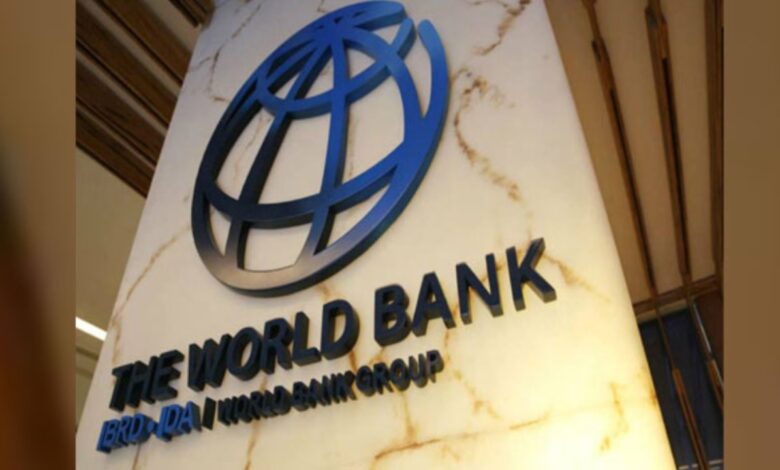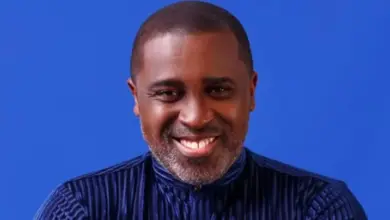139m Nigerians still live in poverty despite reform progress – World Bank

The World Bank has warned that around 139 million Nigerians are now living in poverty, even though the government’s recent economic reforms have shown some progress.
Speaking in Abuja during the launch of the October 2025 Nigeria Development Update (NDU) report titled “From Policy to People: Bringing the Reform Gains Home,” the World Bank Country Director for Nigeria, Mathew Verghis, said the government’s efforts to stabilise the economy could be wasted if they do not lead to real improvements in people’s lives.
Verghis praised the bold reforms in foreign exchange management and the removal of fuel subsidies, describing them as major steps that could reshape Nigeria’s economy. He compared the current reform period to the major policy changes that transformed India’s economy in the early 1990s.
According to him, these reforms are already showing early results. Economic growth is improving, government revenues are rising, debt conditions are better, foreign reserves are increasing, and the exchange rate market is becoming more stable. Inflation, he added, is also slowly easing.
“These are big achievements, and many countries would be glad to have them,” he said.
However, Verghis warned that most Nigerians have yet to feel the impact of these positive changes. He noted that poverty, which began rising in 2019 due to poor policies and external shocks like COVID-19, continues to grow despite the reforms.
“In 2025, we estimate that 139 million Nigerians live in poverty,” he said. This figure is up from 129 million in April 2025 and 87 million in 2023, showing how difficult living conditions have become for many households.
The World Bank report highlighted three urgent priorities for Nigeria to turn its policy gains into real benefits for citizens:
Verghis stressed that food inflation is the biggest concern, as high prices hurt everyone—especially the poor—and could weaken support for reforms.
“Persistent high food prices could slow recovery and damage confidence in reforms,” he warned.
While he commended the Central Bank of Nigeria for maintaining a tight monetary policy and the government for its fiscal discipline, Verghis said more needs to be done.
He urged the government to combine monetary and fiscal measures with structural reforms to fix long-standing problems in food production and distribution.
He also called on Nigeria to strengthen its financial management systems and expand the national safety net to protect the poorest citizens from the impact of economic adjustments.





